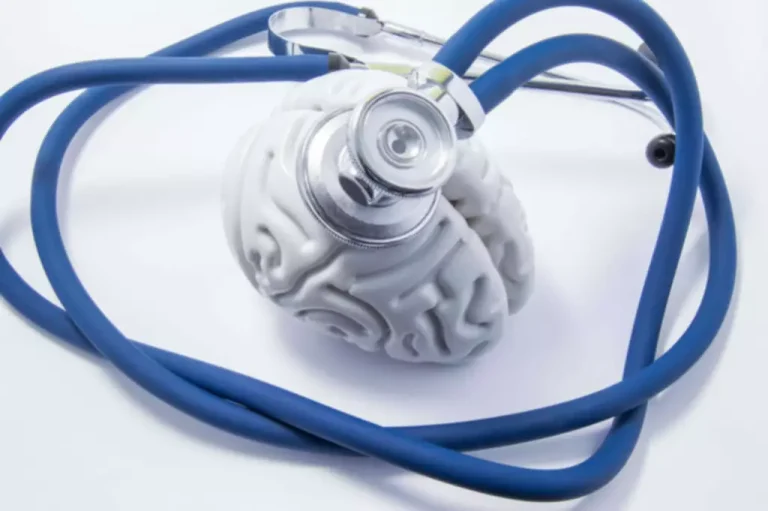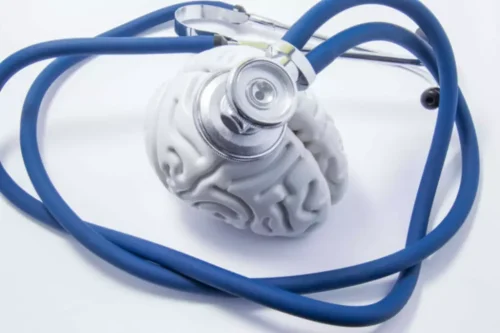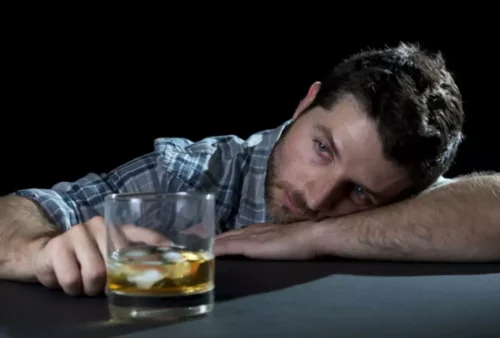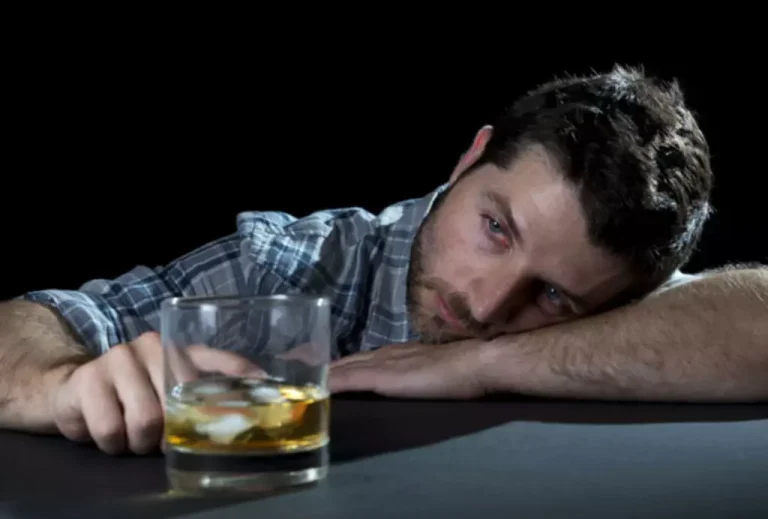
“After a few months, the brain will begin Halfway house to return to health,” says Dr. Abramowitz. Your sleep cycle is continuing to improve, so you’re getting even more REM sleep and feeling more rested. Serious alcohol misuse can decrease your lifespan by as much as 28 years compared to those who don’t drink. This huge change in lifespan is due to the numerous medical problems that alcohol can cause.
Day 11

If alcohol is interfering with your health or your personal, financial, or professional life, consider quitting. When someone drinks alcohol for a prolonged period of time and then stops, the body reacts to its absence. This is alcohol withdrawal, and it causes uncomfortable physical and emotional symptoms. This article discusses alcohol withdrawal, its symptoms, and potential complications.
Day 3
Approximately 3% to 5% of heavy drinkers experience DTs when withdrawing. The most frequently encountered workplace indicators of alcohol problems include absences, especially on Mondays, and tardiness. Declines in quality, timeliness and quantity of work relative to previous levels, as well as irritability and incidents of emotional disagreement with co-workers and supervisors, are also noted. Occasionally, an employee’s use of alcohol is apparent in the length of the lunch break and changes in mood observed in the afternoon. It should be seen as part of a healthy lifestyle, including a balanced diet and regular physical exercise. Although recovering from alcohol addiction is a life-long journey, making it through the first year after you stop drinking is a milestone to be proud of.

After 6 months:
- These effects will subside as your body adjusts to the absence of alcohol.
- The liver, a remarkable organ with regenerative abilities, shows significant improvement in function.
- Whatever your circumstances are, you’re here, and you’re ready to kick the sauce.
- Also, your risk of developing cardiovascular disease will start to decrease.
- At this point, your risk of developing all types of disease will be reduced and your bone density will start to increase.
So, while we can metabolize around a unit of alcohol an hour, if you drink a lot, everyday, your body has to rid your system of those toxins. If you overload the liver, you have more of those toxins inside your body, which can damage the liver itself, your brain, your stomach, your heart https://ecosoberhouse.com/ and your pancreas. Many sober people say they experience a boost in self-esteem, and improved mental clarity. Sleep patterns stabilise resulting in more consistent and restorative sleep, which alone can have a significant impact on our long-term health. Cognitive function continues to improve, with memory and mental agility showing signs of recovery.

Different parts of the brain heal at different rates, so depending on your previous drinking habits and the amount of damage done, the recovery process could take some time. By one year of sobriety, many alcoholics and problem drinkers will have stopped drinking entirely and won’t even think about having a drink. After thirty days of sobriety, your energy levels will continue to increase. It’s important to know the difference between mild alcohol withdrawal and severe alcohol withdrawal. Interim clearances can be declined when any potential security issue exists.
You’ll meet hundreds of fellow Reframers in our 24/7 Forum chat and daily Zoom check-in meetings. Receive encouragement from people worldwide who know exactly what you’re going through! You’ll also have the opportunity to connect with our licensed Reframe coaches for more personalized guidance. It’s essential to stay hydrated during this time, as what happens when you stop drinking alcohol dehydration can exacerbate these symptoms. My gut health was a disaster, my skin was dry and flaky, and my teeth were yellow from nights passed out on the couch without brushing.
- If you don’t already have a supportive network, you can make new connections by joining social media communities dedicated to alcohol-free living.
- It’s better you address those harsh life realities sober than it is while you’re out of touch.
- “For a light drinker, you don’t really need to taper,” says Dr. Mosquera.
- If you fall into the category of heavy drinker (as so many of us do), then your first week may go a bit differently.
Expert Reveals What Happens to Your Liver When You Quit Alcohol

Plus, over time you will begin to experience the many benefits of sobriety. There are two types of alcohol withdrawal, acute withdrawal and post-acute withdrawal, also known as ‘PAWS’. Acute withdrawal occurs in the first hours and days after you stop drinking, whereas PAWS can last for weeks or even months.
Remedies For Withdrawal
Stopping drinking could make your life feel brighter in all kinds of ways, as well as helping your long-term health. If you’re ready to stop, arming yourself with strategies and tips can help you or a loved one take small steps towards big results. Inflammation in the body can cause various health issues, including chronic pain, autoimmune diseases, and even some cancers. After a year of not drinking, the body’s inflammation markers significantly reduce, bolstering your overall health. Usually, when people drink large quantities of alcohol, they either don’t eat very much or don’t eat healthy food. In my eyes, it’s better to take an overall approach to your health and combine going sober with a good diet.
Quitting alcohol can be challenging, but the benefits of abstaining can improve your overall health and happiness.
- Your sleeping pattern tends to improve because alcohol is a sedative, but it has a very short half-life.
- “Quitting alcohol isn’t just about physical health; it’s a profound transformation for mental well-being too,” says Dr. Kellogg.
- Many people who use alcohol heavily for a prolonged period often don’t even recognize the perpetual fog that alcohol creates.
- 21 days is a major accomplishment, and something to be really proud of.
And, emotionally, alcohol can make you not only more anxious, but more irritable, more impulsive and less inhibited — not just after a drink, but compounded over time, says Dr. Mosquera. These effects can also be exacerbated if you have a mental health diagnosis like bipolar disorder, he says. While these areas may take the greatest hit from regular drinking, they aren’t the only ones affected.
Sober And Can’t Sleep? Here’s Why (and what to do)
Start your recovery journey with peace of mind, knowing your care is covered. If you have any blood clotting issues, they may improve as the liver is responsible for your blood’s clotting pathways and functions. I am experiencing sadness, low energy, difficulty sleeping, poor concentration, appetite changes, irritability or weight gain/loss. At Neuro Wellness Spa, we welcome the opportunity to support you on your sobriety journey.
